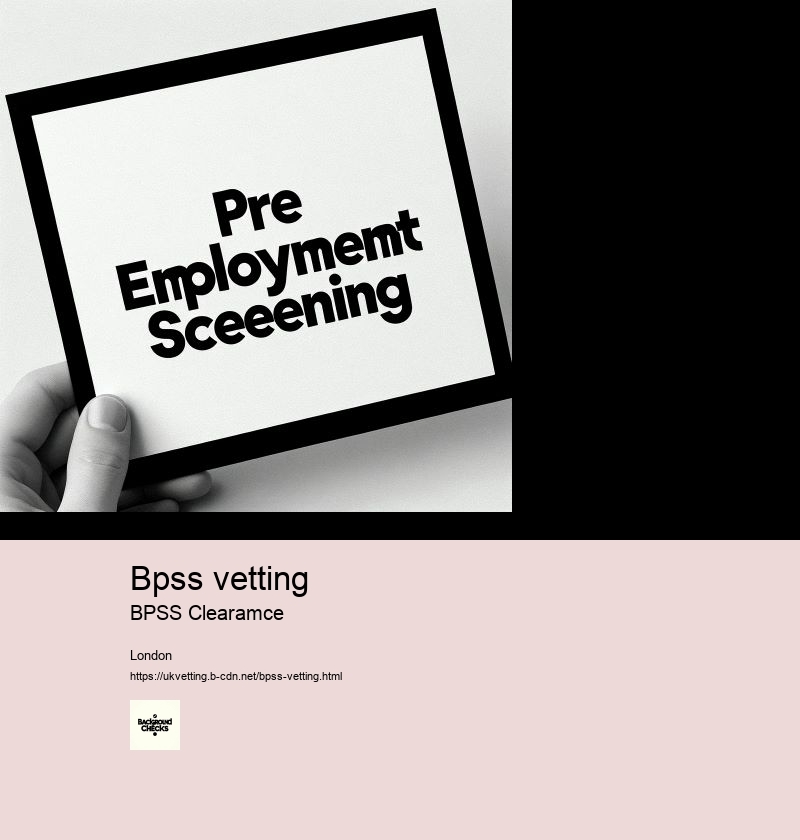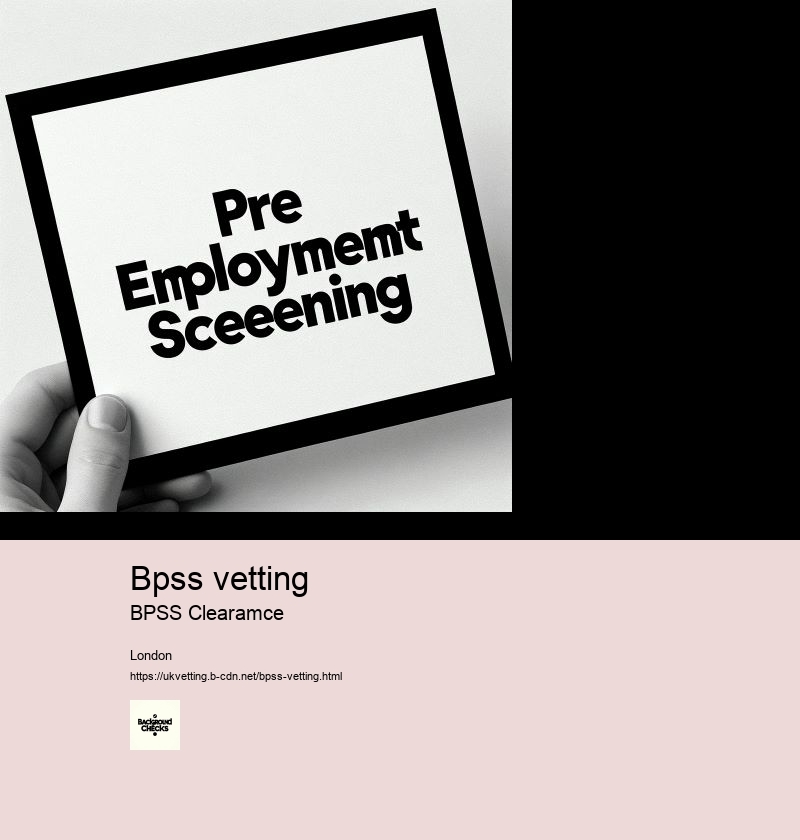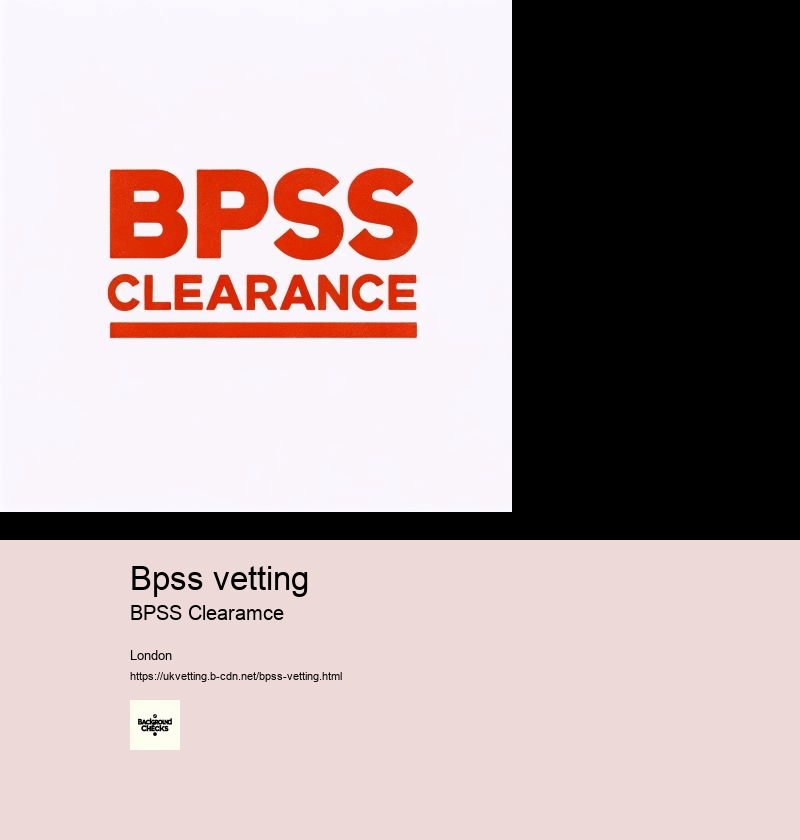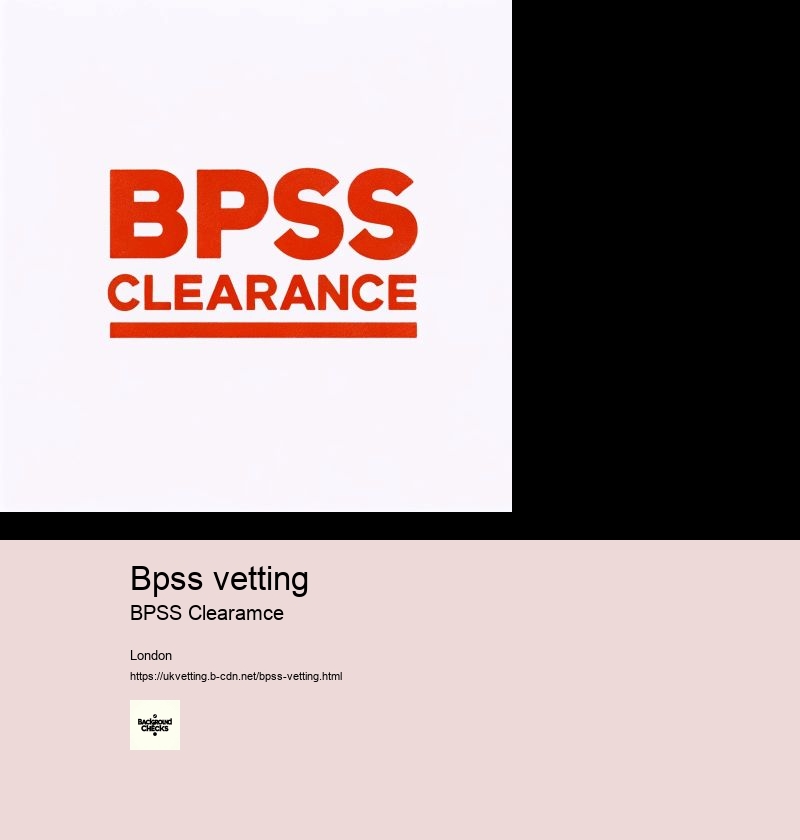bpss vetting
Sensitive information handling
What Is in a BPSS Check? When you undergo a BPSS check, various screenings are conducted to confirm your trustworthiness and eligibility for accessing sensitive information. These checks typically include Basic DBS Check, ID Check, Right to Work check, and 3-Year Employment History Check.
- Accurate disclosure of all locations visited during these periods is necessary.
Renewal and revalidation of BPSS clearance should be conducted periodically, especially for employees in long-term sensitive roles. This ensures that any changes that might affect an individual's security status are identified and managed effectively, maintaining continuous security compliance.




